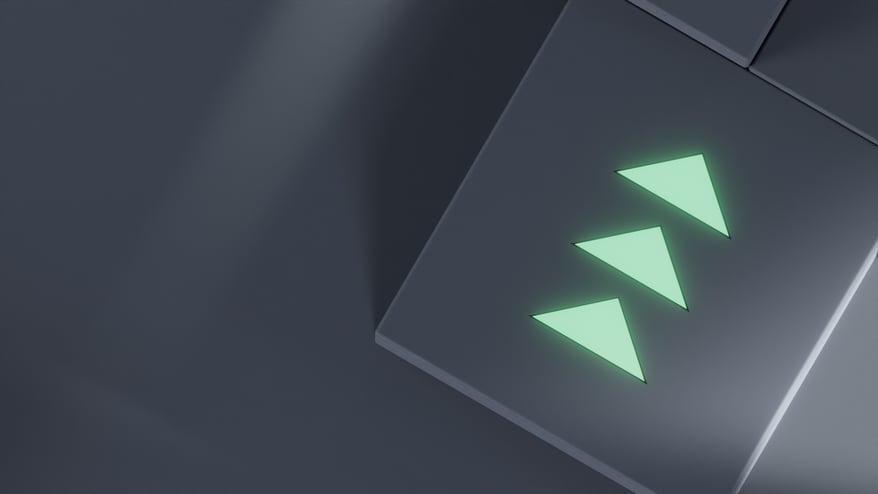What is Ruby on Rails?
What is Ruby on Rails used for?
How does Ruby on Rails compare to other backend technologies?
How does Ruby on Rails support rapid development?
Can Rails integrate with other technologies?
Who uses Ruby on Rails?
When to choose Ruby on Rails?
Since Ruby on Rails is a flexible and versatile framework, it can be used for building web applications in a variety of situations. Here’s when you should consider RoR for your project:
- When you need to prototype rapidly: Rails allows developers to create prototypes quickly and get a minimum viable product (MVP) up and running fast.
- For Agile project: Ruby is well-suited for iterative development, continuous testing, and frequent releases.
- When scalability is key: RoR’s modular architecture allows you to add new features or components without having to rewrite the entire application.
- For custom web applications: RoR is a great choice for building custom web applications, as it provides a wide range of tools and libraries for creating complex applications quickly and efficiently.
- When you need community support: RoR has a large and active community of developers who create and maintain open-source libraries and tools. This means that you can find a lot of resources and support online, which can be helpful if you're new to RoR development.






